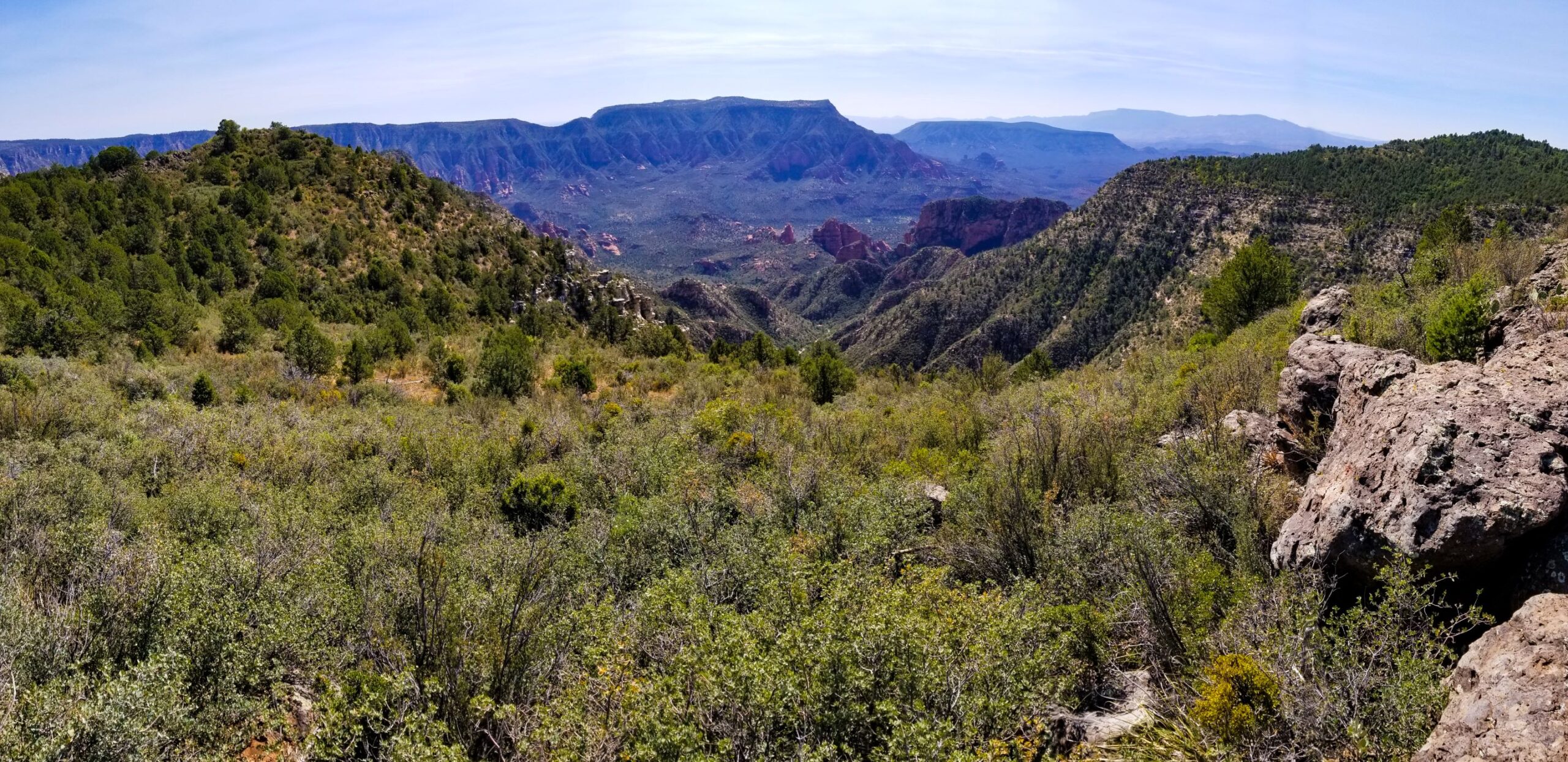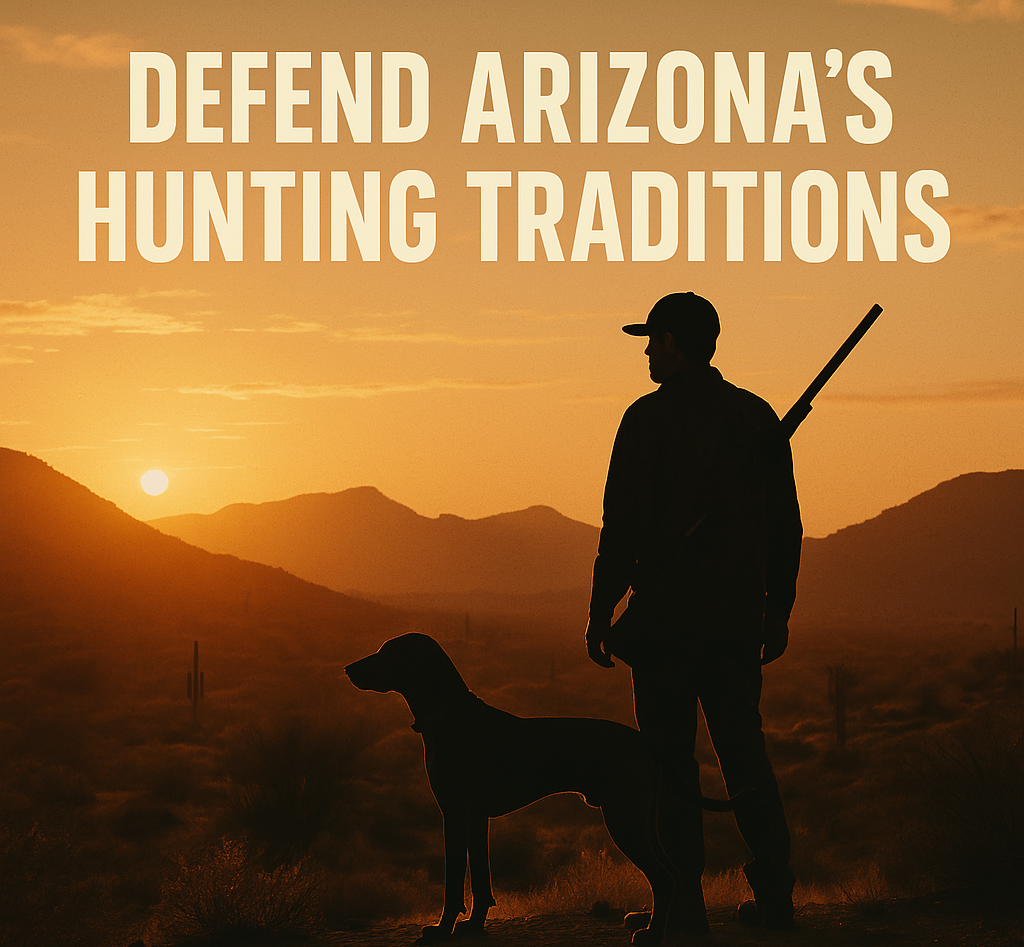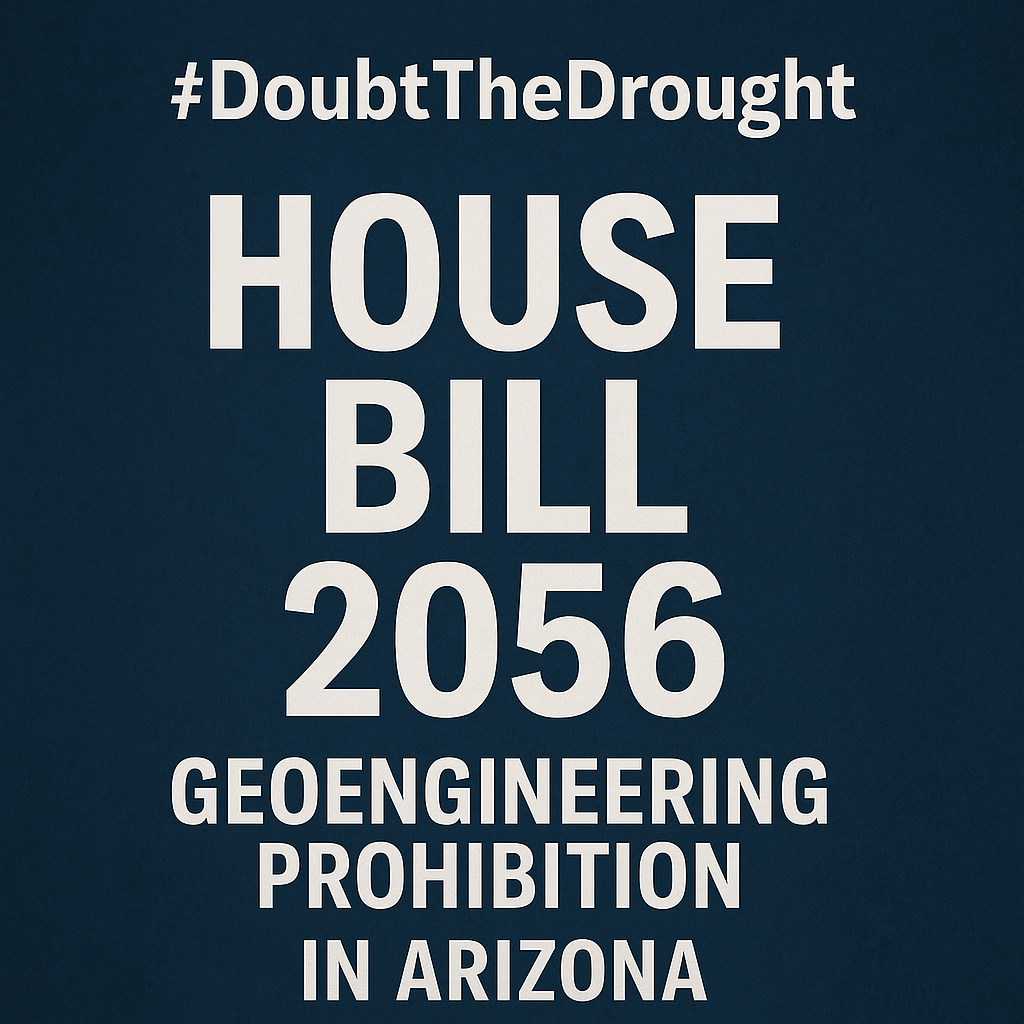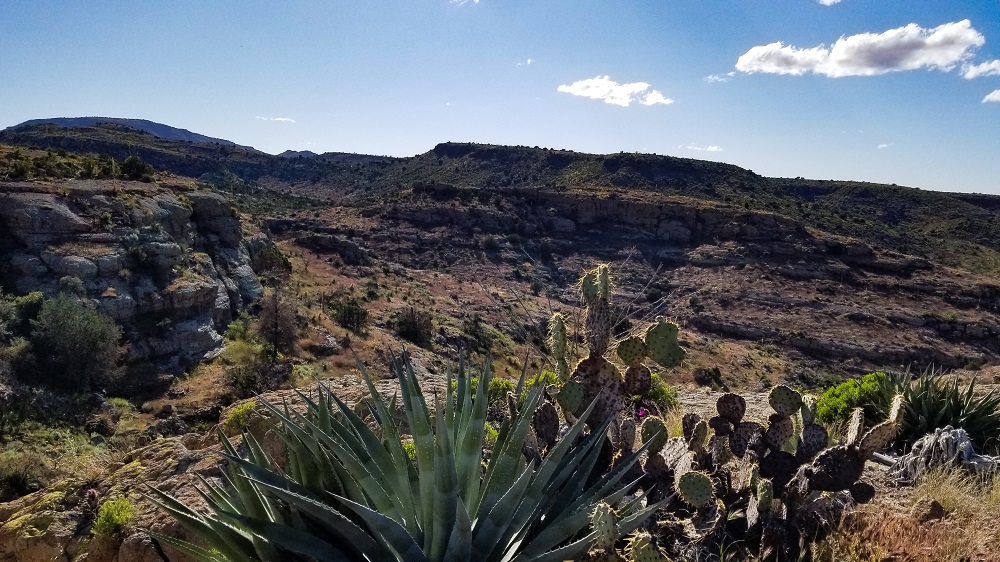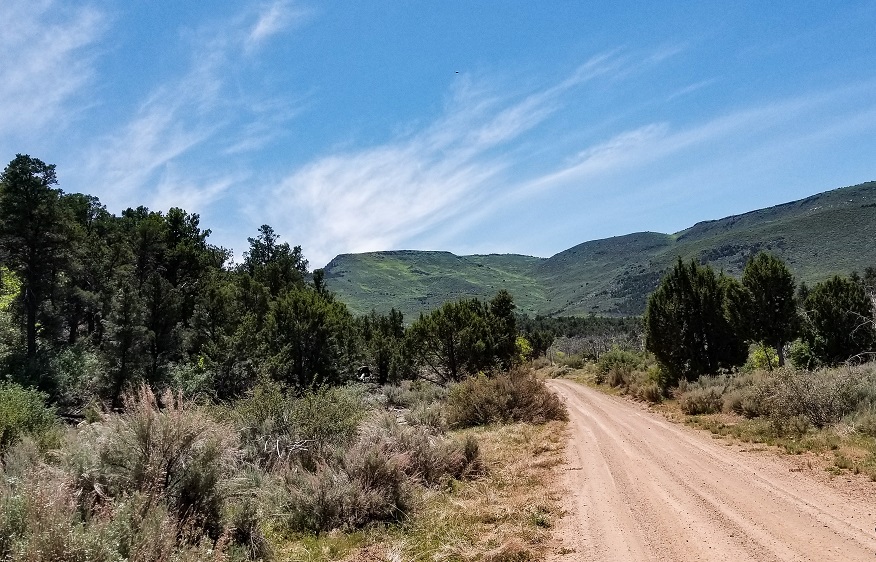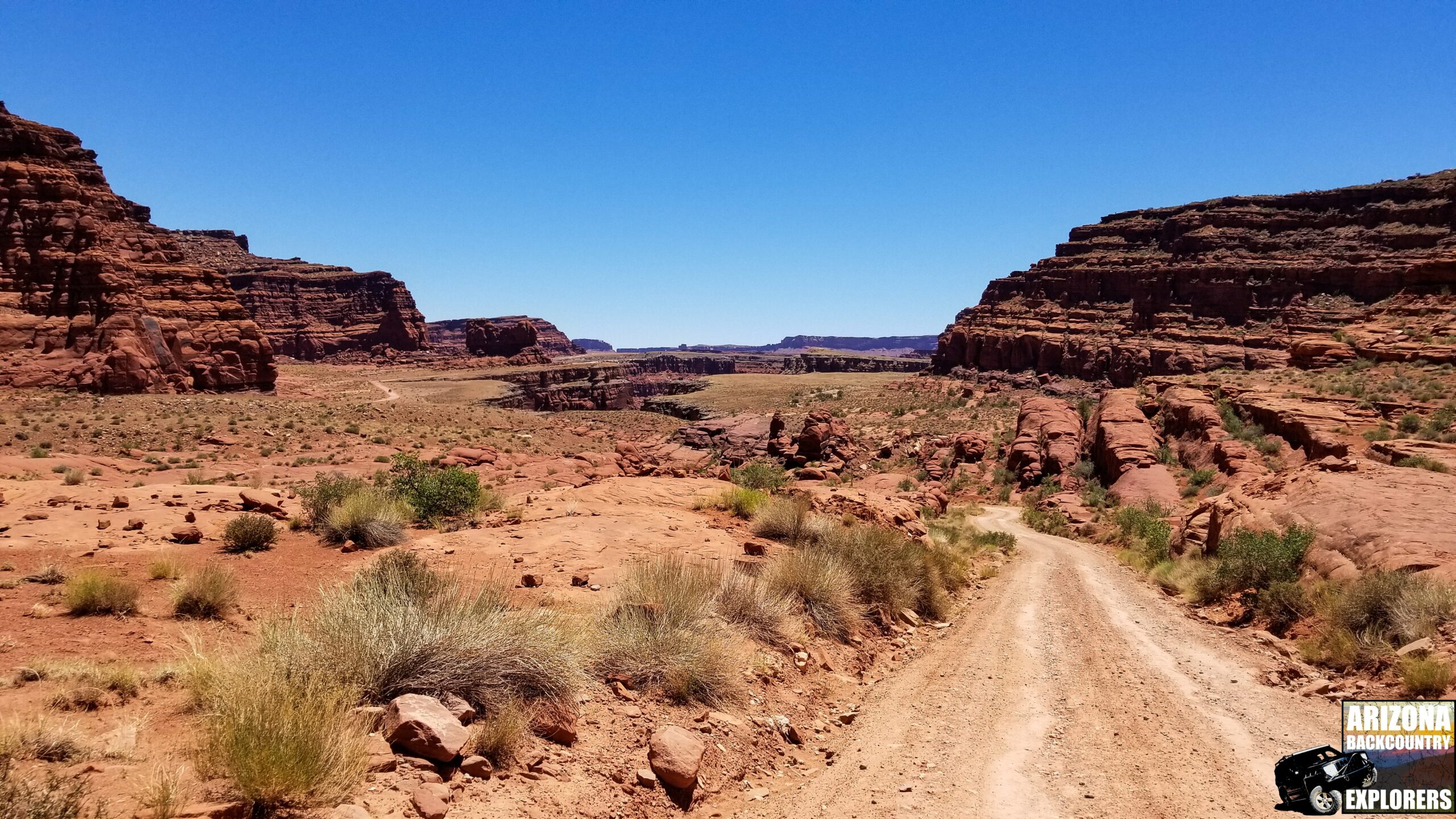Your cart is currently empty!
House joint resolution 44 might be the answer to the lack of management and oversight on our public lands.
On March 27, 2017, President Trump signed House Joint Resolution 44 into law, a pivotal move aimed at addressing the lack of management and oversight of public lands. This resolution effectively canceled a Bureau of Land Management (BLM) regulation, which had been part of a significant overreach to consolidate full control of public lands within the federal government. It marks a critical step in ensuring that federal and local governments work collaboratively for the future of public land management.

Download the PDF of House Joint Resolution 44 HERE
The BLM’s “Resource Management 2.0” Rule and Its Consequences
The Bureau of Land Management’s “Resource Management 2.0” rule effectively removed the state’s authority to make decisions on environmental concerns. This regulation, which was heavily criticized for its overreach, had significant implications for local governments, stripping them of their ability to influence land-use decisions. Ultimately, this federal policy canceled the contracts between local governments and federal agencies, undermining local governance and control over public lands.
The BLM’s “Resource Management 2.0” rule sought to amend regulations that guide the preparation, revision, or amendment of land-use plans under the Federal Land Policy and Management Act (FLPMA). The rule, according to the BLM, emphasized transparency, public involvement, and scientific information in land-use planning. However, critics argue that it centralized power at the federal level, sidelining state and local authorities in the decision-making process.
Read the complete Bureau of Land Management Resource Management Plan 2.0 HERE
Federal Overreach and the Role of Local Governance
When citizens elect a sheriff, they trust that the sheriff will uphold the rule of law at the local level. Local laws are tailored to the needs of the community, and the sheriff holds supreme authority over law enforcement within their jurisdiction. This is enshrined in the Tenth Amendment of the U.S. Constitution, which gives sheriffs the power to contract with federal agencies to enforce both state and federal laws.
However, this is not the case with the Bureau of Land Management. The BLM enforces federal policies without oversight from local communities, violating the very laws that should govern public land management. Federal agencies are not elected, and their authority is derived from executive decisions, leaving little room for public input or oversight. This lack of local control creates an imbalance in decision-making that contradicts the principles of the Tenth Amendment, which aims to protect state and local autonomy.
Arizona’s Rights-of-Way under Revised Statute 2477
Revised Statute 2477 (RS 2477) was part of the Mining Grant of 1866, and although it was repealed in 1976 by the Federal Land Management and Policy Act (FLPMA), it still allows for claims of rights-of-way under specific conditions. RS 2477 permits roads that predate 1976 to remain open to the public.
The Federal Land Management and Policy Act (Sec. 701. 43 U.S.C. 1701) states that any valid rights-of-way, permits, or land-use rights existing before the Act’s approval remain intact. This means that roads predating 1976 are exempt from closures, and the public has a right to access and use these roads, regardless of maintenance status.
Read the Federal Land Management and Policy Act HERE
In 2015, Arizona passed House Bill 2175, which became ARS 37-931, asserting the state’s claim to rights-of-way under RS 2477. Under this law, the federal government, including the BLM and U.S. Forest Service, cannot close rights-of-way in Arizona. Arizona law mandates that only a court order of competent jurisdiction can close these roads. The law further emphasizes the public’s right to use these roads, whether maintained or not.
Read ARS 37-931 from the Arizona legislature website HERE
What Should Arizona Citizens Do Now?
Now that President Trump has effectively canceled the BLM’s overreaching rule, it’s time for Arizona citizens to take action. The state must uphold the law under Arizona’s Revised Statute 37-931. Citizens should contact their elected officials—especially those involved in House Bill 2175 and House Joint Resolution 44—and demand enforcement of these laws. By calling local sheriffs, the Arizona Attorney General, and the sponsors and co-sponsors of key legislation, citizens can exert pressure on lawmakers to take action.
Imagine the outcome if the people of Arizona unite to demand better management of public lands! With strong local oversight, we can ensure that public lands are protected, cleaned up, and managed in the best interests of the people. Local governments and the people will finally have a say in how public lands are managed.
Key Arizona Elected Officials to Contact
Here is a list of key Arizona elected officials to contact:
Co-sponsors of House Joint Resolution 44
- Representative Andy Biggs
1626 Longworth House Office Building
(202) 225-2635 - Representative Paul Gosar
2057 Rayburn House Office Building
(202) 225-2315
Sponsors of House Bill 2175
- Rep. Mark Finchem (District 11)
(602) 926-3122 - Rep. Bob Thorpe (District 6)
(602) 926-5219 - Rep. Brenda Barton (District 6)
(602) 926-4129 - Senator Sonny Borelli (District 5)
(602) 926-5051 - Rep. Regina Cobb (District 5)
(602) 926-3126 - Rep. Vince Leach (District 11)
(602) 926-3106 - Senator Steve Smith (District 11)
(602) 926-5685
Arizona Office of the Attorney General
- Phoenix Office:
2005 N Central Ave, Phoenix, AZ 85004-2926
(602) 542-5025 - Tucson Office:
400 West Congress, South Building, Suite 315, Tucson, AZ 85701-1367
(520) 628-6504 - Prescott Office:
1000 Ainsworth Dr., Suite A-210, Prescott, AZ 86305-1610
(928) 778-1265
By reaching out to these officials, we can make our voices heard and take a step toward better public land management.
Tags:
You may also like…
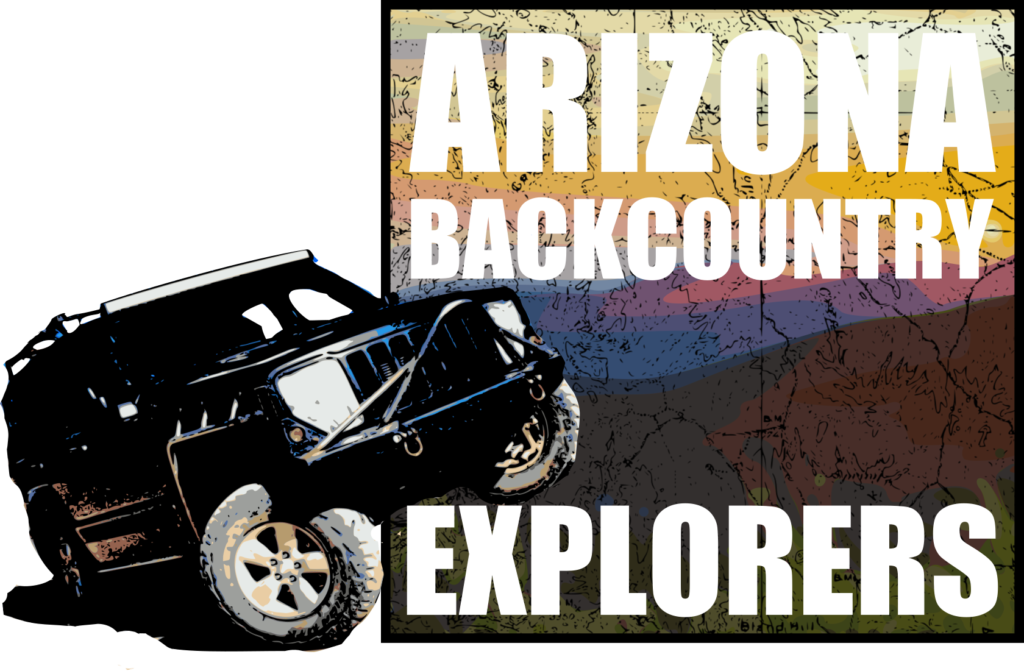
Visit the AZBackroads.com Store
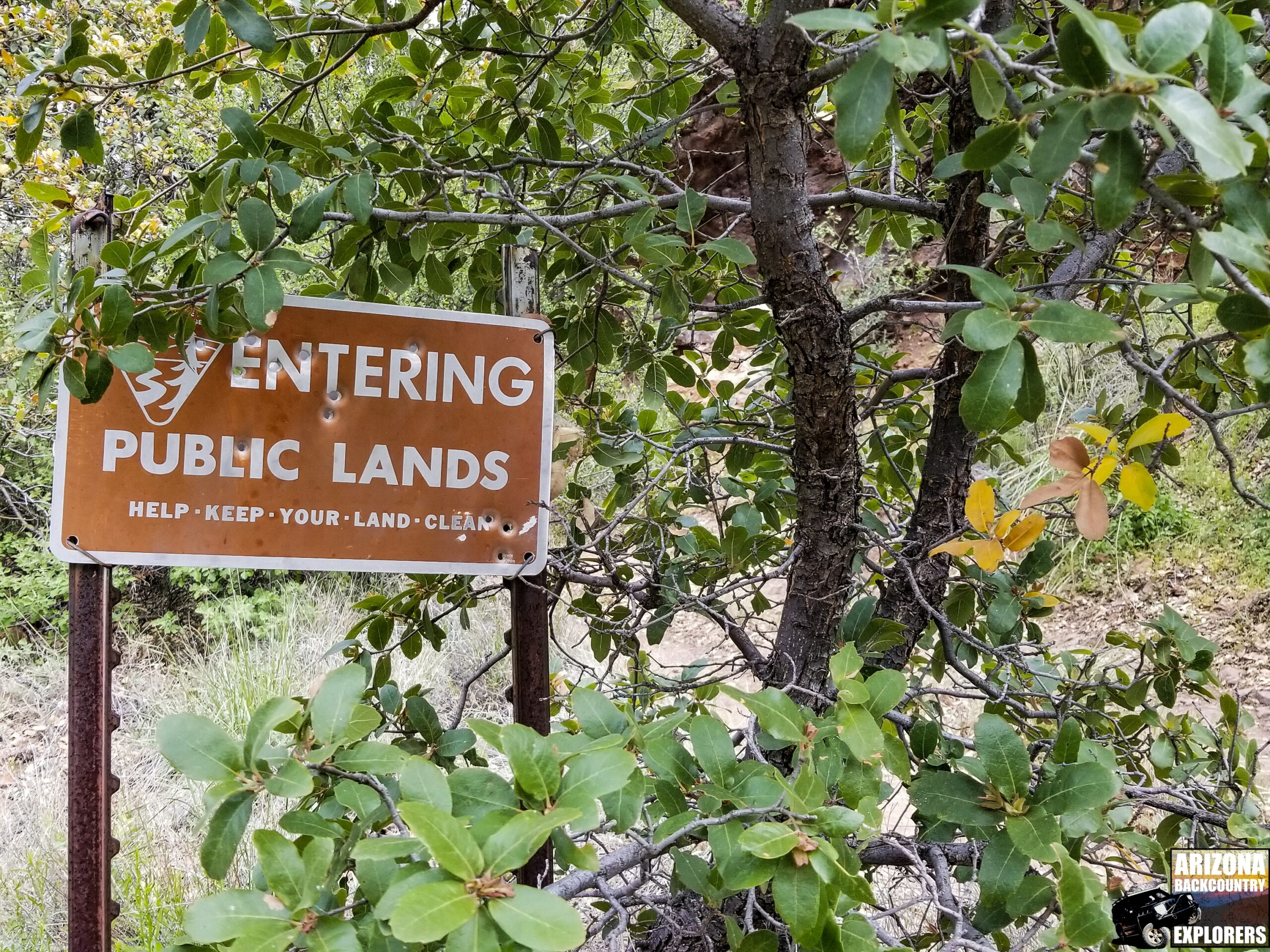
Please Become A Member
We need your help to keep our backroads open. Please join today!




